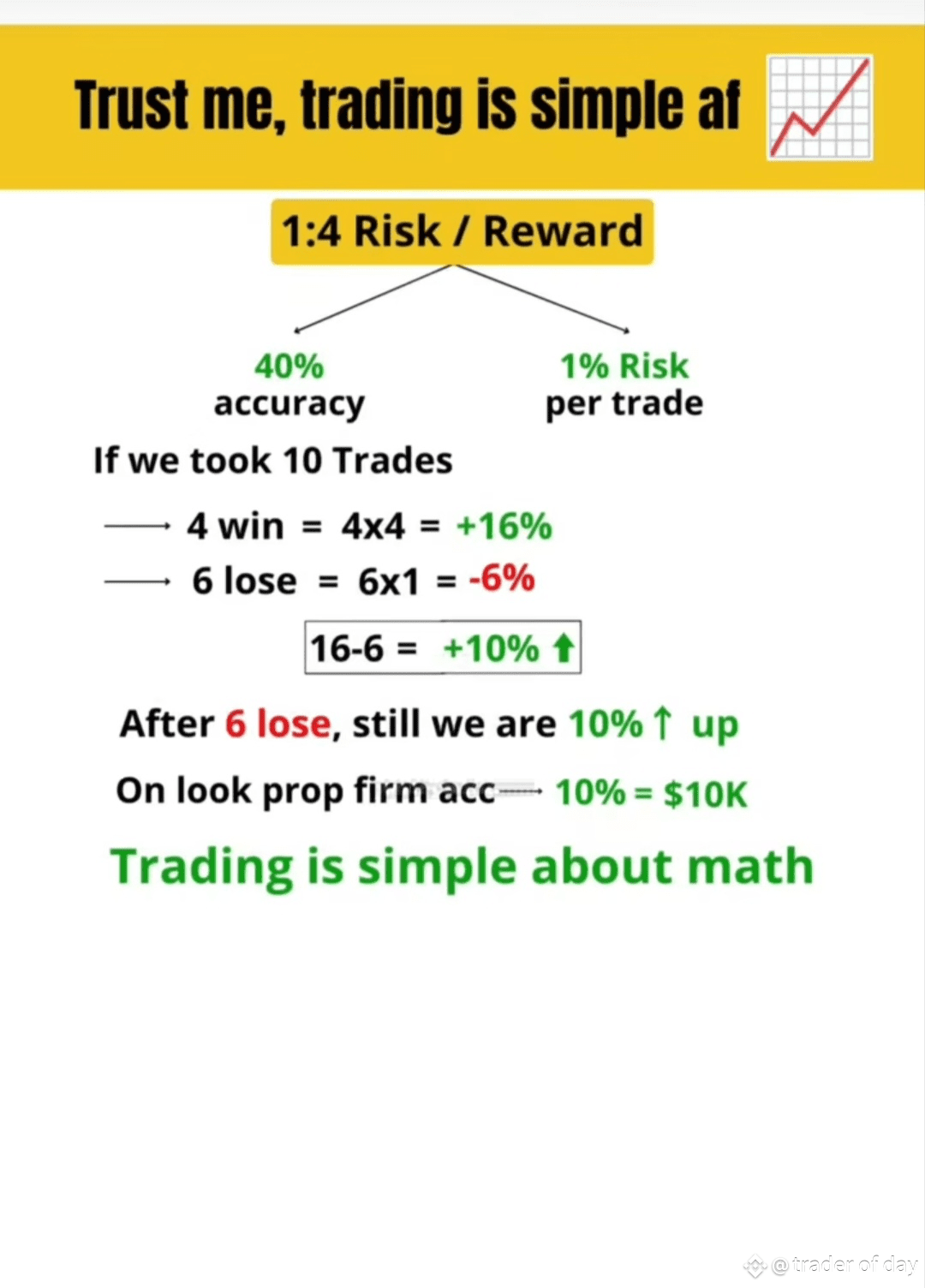In the world of trading—whether in crypto, stocks, or forex—profit doesn't come from prediction alone. It comes from risk-reward management—a strategy that separates disciplined traders from gamblers.
🚦 What Is Risk-Reward Ratio?
The risk-reward ratio (RRR) compares how much you're willing to lose (risk) versus how much you expect to gain (reward) in a single trade. For example:
If you risk $100 to potentially make $300, your RRR is 1:3.
If you risk $200 for a potential gain of $100, your RRR is 2:1—which is not ideal.
A favorable RRR (typically 1:2 or higher) ensures you don’t need to win every trade to be profitable.
🎯 Why Is Risk-Reward Management So Important?
1. Reduces Emotional Trading
With a predefined RRR, your emotions take a back seat. You stick to your plan rather than panic during market volatility.
2. Protects Your Capital
Even professional traders lose trades. But strong risk-reward management limits those losses while maximizing gains.
3. Boosts Win Efficiency
If your average RRR is 1:3, you only need to win about 25%–30% of your trades to stay profitable over time.
📌 How to Apply Risk-Reward in Your Trades
1. Set Stop Losses & Take Profits
Always enter a trade knowing:
Where you will exit if you're wrong (stop loss)
Where you'll take profit if you're right
2. Analyze Support & Resistance Zones
These help define logical risk and reward areas based on technical levels, not emotions.
3. Avoid Chasing Trades
If the trade doesn't offer at least a 1:2 RRR, it’s often better to wait. Patience is part of the edge.
💡 Pro Tip: Combine Risk-Reward with Position Sizing
Never risk more than 1–2% of your trading capital on a single trade. This ensures you can survive losing streaks without blowing your account.
🔄 Example Scenario
Let’s say you're trading $BTC:
Entry: $60,000
Stop Loss: $58,500 (Risk: $1,500)
Target: $63,000 (Reward: $3,000)
RRR = 1:2
If this trade works out, you gain double what you risked. If not, your loss is controlled.
📉 The Bottom Line
Trading isn’t about winning every trade—it’s about managing risk smartly. A consistent focus on the risk-reward ratio builds discipline, protects your capital, and allows you to stay in the game long enough to see consistent profits.
💬 Are you managing your risk or
just trading on hope?
Share your thoughts in the comments and let’s grow smarter—together.